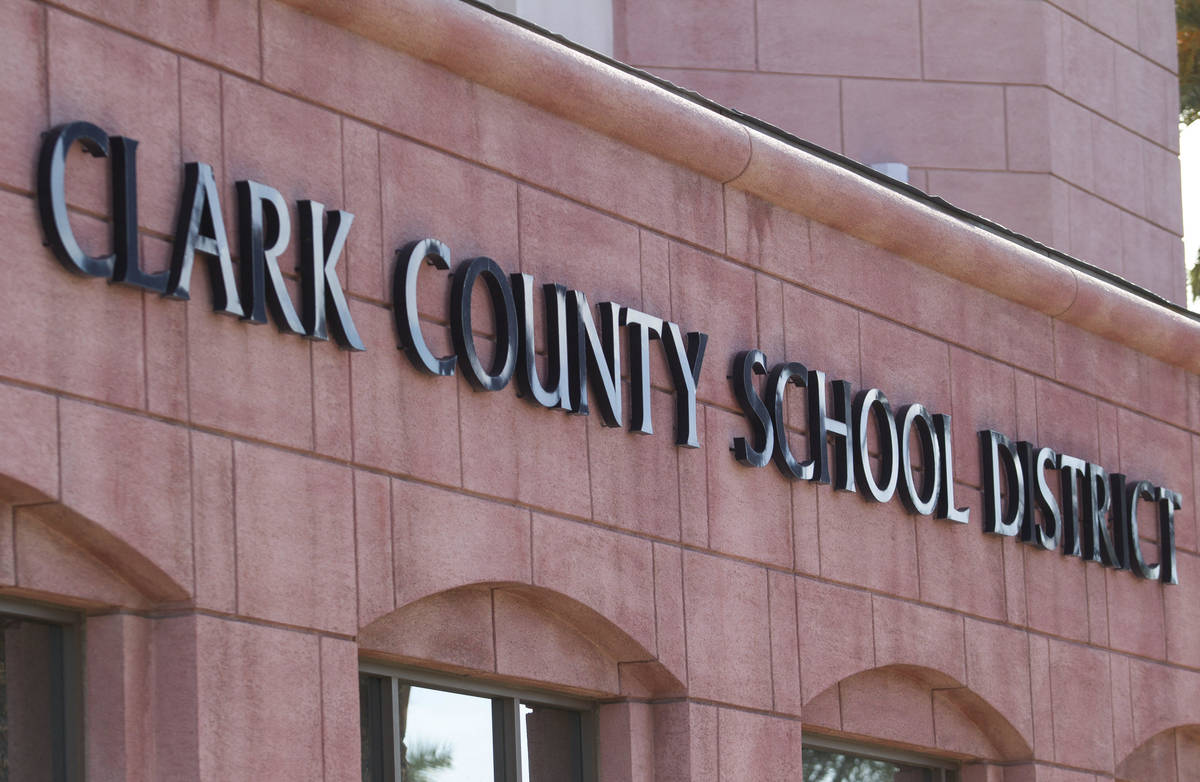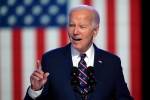CCSD will return grant money to state in bid to soften budget cuts
Nevada’s school districts will refund unused grant money to the state to limit the impact of budget reductions ordered by Gov. Steve Sisolak in response to the blow inflicted on the state’s economy by the new coronavirus, officials say.
School districts have identified unused grants that will revert to the state for fiscal year 2020, Nevada Department of Education spokesperson Gregory Bortolin said Wednesday. They also were invited to provide input for the 2021 fiscal year, when state agencies could be asked to make budget reductions of up to 14 percent — a worst-case projection outlined by the governor’s office.
Clark County School District representatives said the district has identified $3 million in grants it can revert to the state, adding that the review is continuing.
The return of the grants was one of the few details revealed about the initial plans to deal with the upcoming budget cuts. The Department of Education has said its budget reduction proposal will be confidential until Sisolak announces cuts. In contrast, Nevada’s higher education system publicly voted on its budget reduction proposal, which could see up to $124 million in cuts over the biennium, on Friday.
But given the severity of the virus’ economic impact, both the Distributive School Account and categorical funding are potentially on the chopping block. That means school districts could see a reduction in per-pupil spending as well as targeted funds for students most in need, according to Kenneth Retzl of the Guinn Center for Policy Priorities.
Schools may also see cuts to service-level agreements, leaving them with less support for technology and maintenance and the potential for salary cuts and layoffs.
‘An unenviable situation’
“It’s an unenviable situation,” Retzl said.
Just the suggestion of cuts has brought back bad memories for educators who say public education is still reeling from recession-era belt tightening.
“We’re not interested in repeating that,” said John Vellardita, executive director of the Clark County Education Association. “We had a whole generation of students suffer from that and we still haven’t recovered.”
Vellardita said the union will not accept cuts to education in any amount, particularly with federal dollars earmarked for relief for municipalities. If anything, Vellardita said, the COVID-19 crisis serves as a reminder of the need to cultivate other industries in the state besides mining and gaming.
“It’s the same as 2008: We have to diversify. We can’t as a state be dependent on the same two industries, and the way to do that is to build our K-12 system,” he said.
The union intends to continue its pursuit of a pair of tax hike initiatives meant to raise over $1 billion for education, he said.
Vicki Kreidel, president of the National Education Association of Southern Nevada, noted that school districts are likely to face unexpected costs as a result of the coronavirus crisis in addition to those that are currently anticipated. Examples include furnishing technology to students if distance learning continues or added costs to keep schools sanitized when they reopen.
“How do you do social distancing in a class of 45 students? It’s not possible,” Kreidel said. “They’re going to have to reduce class sizes. And the only way to do that is to increase funding.”
Kreidel said she believes salary cuts would be untenable to educators, but that some might be understanding of a freeze if it becomes necessary.
‘We’re nervous’
Lisa Guzman, executive director of the Education Support Employees Association, said the school district reached out to the union after the governor’s directive regarding budget cuts. She said they hope to be part of the conversation, but haven’t heard anything more about what cuts will look like.
“We’re nervous because support professionals are always treated poorly during recessions,” she said.
CCSD Superintendent Jesus Jara said in a virtual town hall Tuesday that the district will try to protect as much as it can, with the hope that federal relief money from the CARES Act will ease some of the financial burden.
A tentative budget snapshot included on the agenda for the April 23 board meeting does not take into account a potential loss of revenue, but does include a slide on potential factors that could change school funding next year, including COVID-19-related fiscal impacts, recession impacts, enrollment uncertainties and state funding reductions.
Nevada will receive approximately $117 million for its K-12 schools from the CARES Act, with another $26 million available in emergency relief at the governor’s discretion.
The money will be distributed based on each district’s share of Title I funds and be available for specific purposes related to the COVID-19 closures, including technology and distance learning programs.
The act requires states that receive this funding to maintain current funding levels for schools through 2021, though this requirement can be waived for states that experience “a precipitous decline in financial resources.”
Contact Aleksandra Appleton at 702-383-0218 or aappleton@reviewjournal.com. Follow @aleksappleton on Twitter.





























